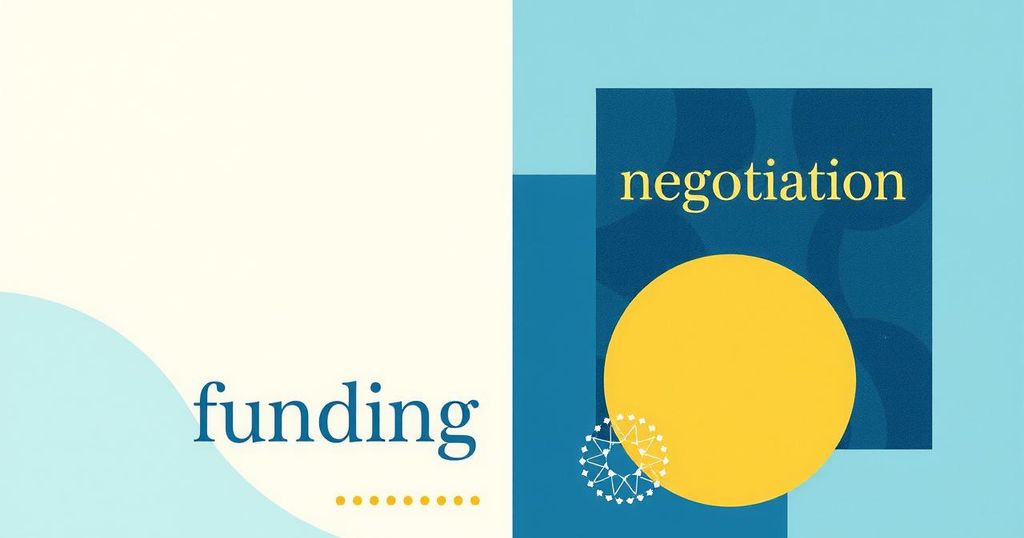Columbia University Concedes to Trump’s Demands to Restore Federal Funding
Columbia University agreed to President Trump’s demands to reinstate $400 million in federal funding revoked over antisemitism allegations. The agreement entails banning face masks at protests, allowing police to arrest students, and overseeing critical academic departments, raising alarm about potential threats to academic freedom. Individual students now face potential deportation, highlighting the broader implications for political expression in university settings.
Columbia University has consented to various demands from President Donald Trump to negotiate the reinstatement of its $400 million federal funding, which was revoked last month due to allegations of antisemitic harassment on campus. Among the conditions set forth, Columbia has agreed to ban face masks at protests and grant additional powers to 36 campus police officers for student arrests. Furthermore, a new senior provost will be appointed to oversee the department focused on Middle Eastern studies.
The circumstances surrounding this action begin with Columbia’s prominence during recent campus protests relating to the escalation of the conflict in Gaza. Following the occupation of Hamilton Hall by students in April, the Trump administration adopted a stringent stance against the demonstrators, even threatening deportation for some involved. The revocation of funding was framed as a response to the university’s perceived failure to safeguard Jewish students against antisemitic experiences.
The university’s compliance includes banning face coverings, requiring protesters to identify themselves, appointing security officers with special arrest powers, and enforcing oversight of Middle Eastern studies departments. Critically, the administration’s demand to place the Middle Eastern, South Asian and African Studies department into an academic receivership for five years underlines the severity of the situation.
Concerns about academic freedom abound, as many view the demands as attempts to inhibit discussions surrounding Palestinian rights. Critics assert that the government’s requirements exceed mere compliance and threaten the autonomy of educational institutions. Activists have voiced apprehensions that these developments could establish a perilous precedent, severely impacting academic discourse across the United States.
In light of the federal actions against individual students involved in protests, concerns regarding potential deportation are escalating. Mahmoud Khalil, a prominent organizer of pro-Palestine protests at Columbia, was arrested by ICE agents and is facing deportation, leading to legal challenges emphasizing constitutional rights. Other students have similarly encountered deportation efforts, raising alarm about the targeted enforcement actions against activists.
As legal scrutiny of the government’s actions intensifies, measures are being taken to halt universities from sharing sensitive student information with federal agencies without due process. Recent court rulings aim to provide safeguards for students, especially those with backgrounds in Muslim or Arab communities, reinforcing the importance of protecting academic environments from undue governmental influence.
Columbia University’s agreement to the demands of the Trump administration appears to signal a significant compromise regarding academic independence and freedom of expression. The university’s strategy to comply with federal requirements has raised widespread concerns among critics who fear that such concessions could undermine the integrity of higher education in the United States. The implications of these developments on free speech and academic discussions, particularly regarding contentious political topics, remain a vital point of contention.
Original Source: www.aljazeera.com




Post Comment